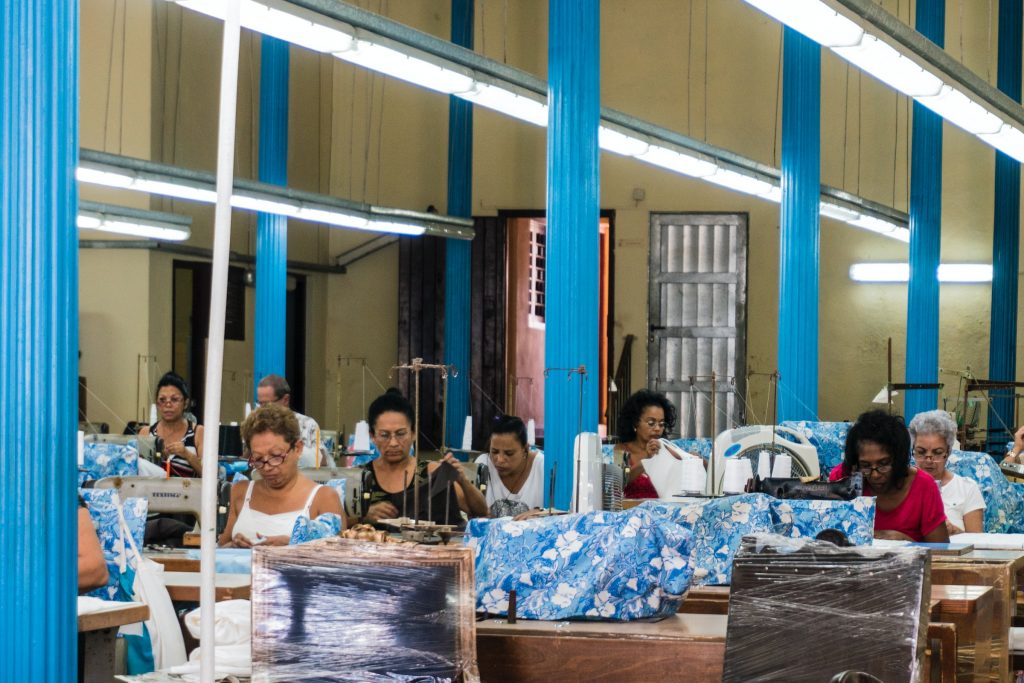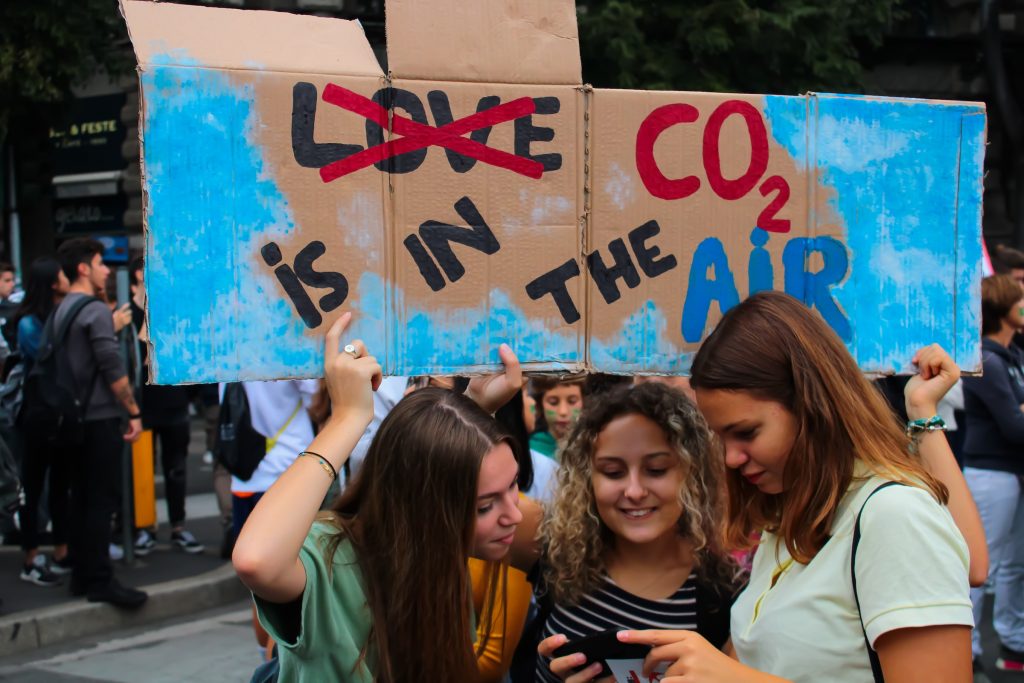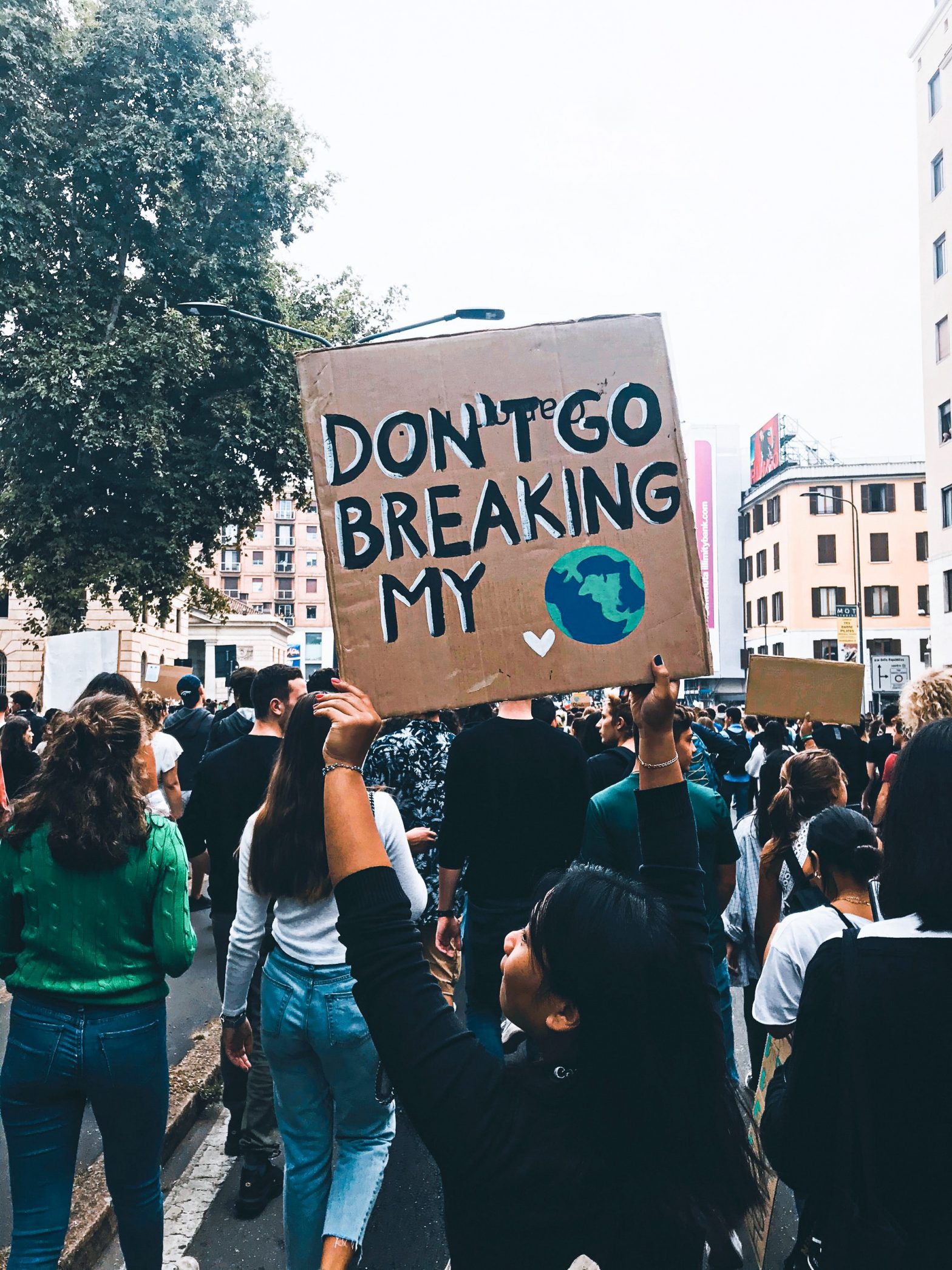At Finsu, we committed to bringing you conscious fashion you can look great in and feel great about, from the best sustainable brands out there. Our mission is to empower everyone to have the choice around making a positive impact for the planet and people and make change happen across the fashion industry as a whole.
The recently released Fashion Transparency Index gives us an invaluable snapshot of the challenges the industry faces and must solve at large to reduce its impact – as well as some of the areas where it has been successful in doing so, so far. In this article, we’ll explain why this report is so important and discuss our view on some of its key findings.

What is the Fashion Transparency Index?
The Fashion Transparency Index (FTI) is a deep dive look into 250 of the largest fashion brands and retailers, published annually by Fashion Revolution – one of the industry’s leading advocates for change. At its core, it’s a review of what these brands and retailers have said around their sustainable practices, including their transparency around human rights, environmental policies, conscious practices and impacts – and features opinions from industry experts, including Finsu’s own adviser, Pauline Op de Beeck. The FTI is based on a huge amount of publicly available data and highlights the key trends, issues and developments that will shape the year ahead.
Now we’re on the same page about what the FTI is and why it is so important, let’s take a look at some of its most important points, assembled by our sustainability expert and co-founder, Dr Julius Simon.

Our responsibility for action extends across the value chain – and tackling emissions here must be a priority
As Finsu adviser, Pauline Op de Beeck, points out, the industry urgently needs to take more meaningful climate action. Not all emissions are the same. The Greenhouse Gas Protocol (the global standard for companies to measure their greenhouse gas emissions) splits different types of emissions up into three categories, based on their source – with Scope 1 and 2 largely coming directly from a business’ operations (e.g., travel, gas and energy).
While many businesses have adopted approaches to reduce their impact in this area, most of their indirect emissions – such as those created by a brand’s raw material suppliers – sit in a category of their own. These so called Scope 3 typically account for 90% (!) of a company’s overall climate impact. Action across this area has been far more limited. In fact, only 31% of the biggest fashion companies have set science-based targets (goals set to prevent the worst effects of climate change, in line with scientific consensus) which include this category of emissions.
Given we’re deep into an environmental emergency, this should be much higher – especially as setting a science based target is only the starting point; the difference will ultimately be made as brands start to make progress towards and achieve the targets they have set.

Workers deserve to be paid fairly – and too little has been done to deliver a living wage across fashion’s supply chains
Sadly, this isn’t a new issue. The lack of fair pay – particularly for garment makers – has been widely highlighted by NGOs and activists for a long time. Despite the ever-growing awareness of the issue, we’re still not seeing enough action being taken by the industry at large.
The FTI shows that only 27% of the brands investigated have disclosed their approach to ensuring a living wage is being given to all workers across their supply chains – and this number has remained unchanged for the past two years! Of the total number, only 6% publish annual progress on living wages and 4% disclose the actual number of workers being paid a living wage.

While the Fashion Transparency Index highlights shortcomings in many key areas, progress is being made
Although more work is required around emissions and workers pay, green shoots of progress have been seen in some areas. We’re encouraged to see that more brands than at any previous point – 48% of those reviewed in the FTI – are disclosing their first tier suppliers. In 2016 this number was only 12% and it’s fantastic to see the steady progress being made. Better transparency across a brand’s supply chain is an important step forward as it enables companies to be held to account, with NGOs and the media being more easily able to identify and raise issues.
Accountability is a theme that runs through the FTI, with this year’s report also highlighting the role that the company board now plays in ensuring that brands stay true to their sustainability impacts. We’ve seen a growing number of regulators taking action, by proposing or passing legislation which holds multinational companies responsible for their supply chain – including the United States, the EU and in Japan. If delivered in the right way, we believe that both legislation and the resulting changes to how companies operate will be a catalyst to bringing about meaningful change at scale.

Our view is simple: with the changes taking place, companies are not acting widely or fast enough to meet the challenges we’re all facing
The Fashion Transparency Index highlights a clear and urgent need for action within the fashion industry, a view which has been shared by the press, most commentators and our own team at Finsu. The progress made – while in some areas, positive – is happening at a rate that is too limited and not fast enough to meet today’s environmental and social challenges.
However, we believe there is still hope. We are proud to champion a new generation of brands which recognise the need for change and are committed to doing things differently from the start. As the number of like-minded brands increases, people will have more and more choice in terms of how and where they shop, making it easier to find products that have a positive impact.
At Finsu, it’s our mission to bring the best sustainably-made, stylish products together in one place and make it quicker and simpler than ever to find your next conscious outfit. The Fashion Transparency Index highlights the need for wider societal change. We’re committed to playing our role in making this change happen.
